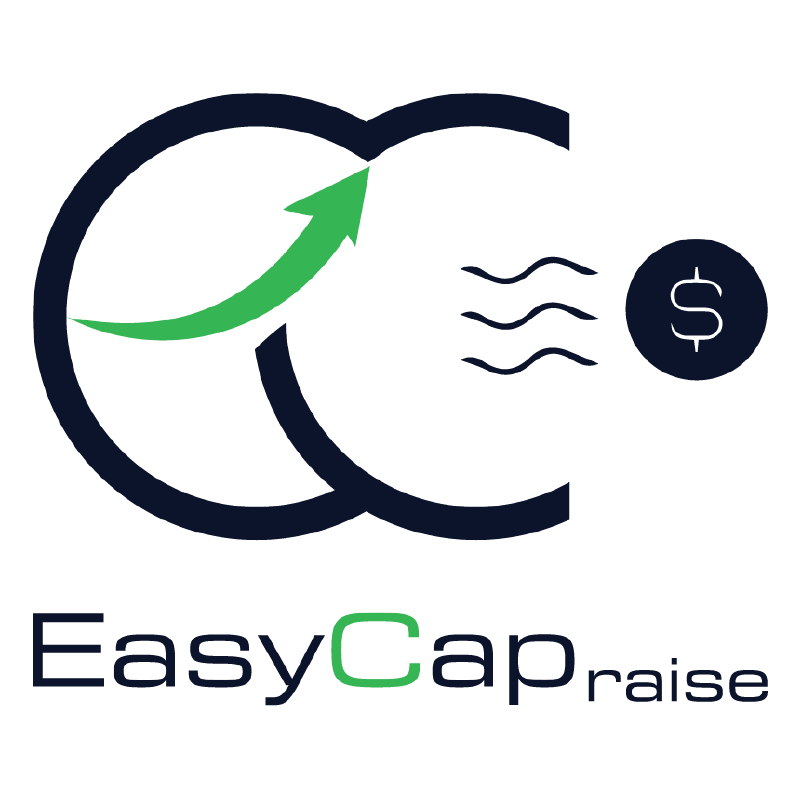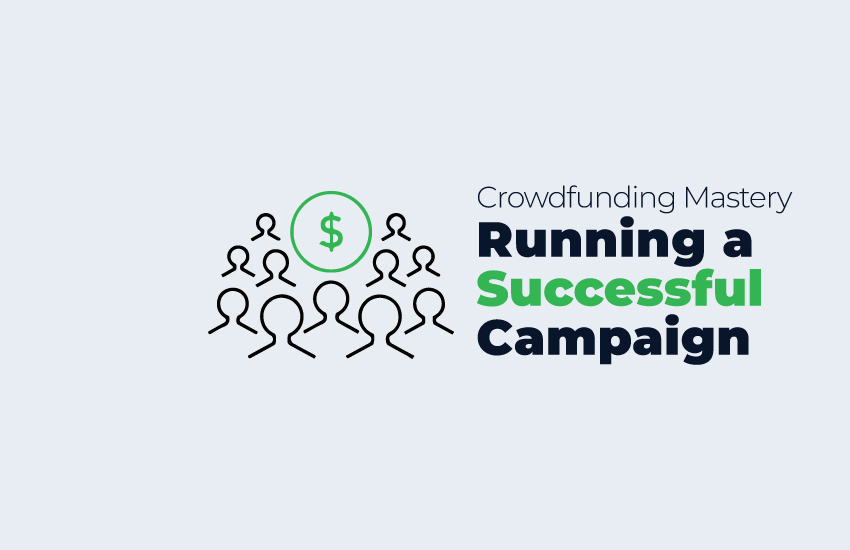Valuing Your Startup: How to Assess Your Company’s Worth

Why Valuing Your Startup Matters
As a founder of a startup, you are passionate about your business and its potential. But how do you determine its actual value? It’s important to know your company’s worth, not just for your own peace of mind, but also for fundraising, mergers and acquisitions, and potential investors.
In this guide, we’ll help you navigate the process of valuing your startup, step by step. We’ll cover everything from the basics of company valuation to the more complex aspects of financial modeling. By the end of this guide, you’ll have a better understanding of how to determine your company’s value, as well as be equipped with the knowledge to confidently discuss it with investors and potential buyers.
So, let’s get started and delve into the world of startup valuation. In the next section, we’ll cover the first method for assessing your company’s worth: the asset-based approach.
The Million Dollar Question: How Much IS Your Startup Really Worth
Before starting the valuation, you should see if it is possible to gather some specific information, for instance, naming the industry standards and expected earnings in the future. Without having this information, you will probably confront numerous struggles in the process of valuation So keep the following in mind:
Know Your Industry Standards:
The first step in determining the value of your startup is to understand the industry standards. You need to have a clear understanding of how similar businesses in your industry are valued. This can give you an idea of where your company stands and what you should be aiming for.
Analyze Your Company’s Financials:
Analyzing your company’s financials is an essential step in determining your startup’s value. This will help you get a clear picture of your company’s financial health and potential for growth. Make sure you have all the necessary documents, such as balance sheets, income statements, and cash flow statements.
Determine the Value of Your Assets:
You also need to determine the value of your assets, which includes everything from equipment to intellectual property. You can use a professional appraisal service to help you value your assets correctly.
Calculate Your Company’s Future Earnings:
Another way to determine the value of your startup is by calculating your company’s future earnings. You can do this by projecting your company’s income and expenses for the next few years. This can help you estimate how much your company is worth.
By following the steps above, you can determine the value of your startup. This will help you make informed decisions about fundraising, as well as about mergers and acquisitions. In the next section, we will discuss the importance of maintaining your company’s value and how to grow your startup. Stay tuned!
Valuation Game-Changers for Your Startup
Determining the value of your startup can be a complicated process, and it’s important to understand that there are many factors that can affect the final pre-money valuation. We’ll take a closer look at some of the most common factors that can impact the value of your startup.
Revenue and Growth Potential
One of the most important factors in determining the value of your startup is its revenue and growth potential. Investors want to see that your company has a solid revenue stream and the potential for growth in the future. In order to demonstrate this, it’s important to have a better understanding of your market and your target customers.
Intellectual Property
The value of your startup can also be impacted by your intellectual property (IP). This includes patents, trademarks, and copyrights that you may hold. If you have strong IP protection in place, this can help to increase the value of your company.
Team and Management
The team and management of your startup (especially co-founders) can also have a significant impact on its valuation. Investors want to see that you have a strong and experienced team in place, with a track record of success. Having a well-respected management team can help to build confidence and increase the overall value of your company.
Competition and Market Size
The size of your market (TAM) and the level of competition in that market can also impact the value of your startup. If you’re operating in a crowded market, it can be more difficult to demonstrate your competitive edge and growth potential. Conversely, operating in a smaller market with less competition can make it easier to demonstrate your value.
Exit Strategy
Finally, your exit strategy can also impact the valuation of your startup. Investors want to see that you have a plan for how they will ultimately be able to realize a return on their investment. This could include going public, being acquired by a larger company, or another strategy altogether.
In the next section, we’ll take a closer look at how you can develop a solid exit strategy for your startup. Understanding these factors can help you to better determine the value of your startup and can help you to make more informed decisions about your fundraising and growth strategy.
Unlocking Your Startup’s True Value: A Step-by-step Guide to Valuation
Now that you have a clear understanding of why valuing your startup is important and the different methods and factors that can affect your company’s worth, it’s time to learn how to value your startup.
Valuing your startup can be a complex and time-consuming process, but it’s a crucial step for making informed decisions and attracting investors. Here are some steps to help you value your startup:
Here are the five key steps involved in valuing your startup:
- Understanding Your Business: Before you can accurately value your startup, you need to have a clear understanding of your industry, economic drivers, and the potential threats and opportunities that may impact your business. This knowledge will help you to make more accurate forecasts and select appropriate valuation models.
- Gathering Data and Forecasting Performance: With a clear understanding of your business in hand, you can begin to gather data and forecast your startup’s performance. This involves analyzing your revenue, costs, margins, and other key metrics to gain a better understanding of how your business is likely to perform in the future.
- Selecting the Appropriate Valuation Model: There are a range of valuation models available, from the relative valuation model to the absolute valuation model. Depending on the nature of your business and the industry in which you operate, you’ll need to select the most appropriate model for your needs.
- Converting Forecasts to Valuation: Once you’ve selected the appropriate valuation model, you can begin to convert your forecasts into a valuation. This involves a range of calculations and analyses, taking into account a range of factors that impact your startup’s worth.
- Applying Valuation Conclusion: With your valuation complete, you can then begin to apply your conclusions to make informed decisions about your business. This might involve seeking funding, negotiating with potential buyers, or making strategic decisions about the direction of your company.
While these steps may seem straightforward, valuing a startup can be a complex process. Additionally, valuation is just a number—the real trick is how to negotiate it in the term sheet especially when it comes to some terms like vesting, ESOP, or convertible note. For this reason, it’s often a good idea to seek out an expert who can guide you through the process and provide valuable insights into your business. By working with an experienced professional, you can ensure that you’re making informed decisions about your startup’s future and maximizing its potential.
Conclusion
After reading this guide, you should now have a better understanding of why valuing your startup is important, the methods for doing so, the factors that can affect your startup’s worth, and how to value your startup. By having a perception of your company’s value, you can make informed decisions about fundraising, equity allocation, and future growth.
It’s important to note that valuing a startup is a complex process that requires both financial expertise and industry knowledge. If you’re unsure of how to proceed, it’s always a good idea to consult with a financial professional or startup consultant.
At Easy Capraise, we provide comprehensive financial services for startups, including valuation, fundraising, and financial planning. Our experienced team of financial experts can help you navigate the startup landscape and make informed decisions about your company’s future.
Don’t let uncertainty hold your startup back. Contact Easy Capraise today to learn more about how we can help you take your company to the next level.
Summary
This article provides a comprehensive guide to valuing a startup. It covers the importance of startup valuation, common valuation methods, key factors that affect startup valuation, and a step-by-step guide to conducting a startup valuation. The article also emphasizes the importance of seeking the advice of a good consultant and mentions Easy Capraise financial services as a helpful resource for startups.
FAQs About Valuing Your Startup
Why is it important to value a startup?
Valuing a startup is important because it helps the founders and investors to determine the worth of the company. It is essential for decision-making, fundraising, and equity allocation.
What are the methods used to value a startup?
The most common methods used to value a startup are market comparables and discounted cash flow analysis.
What factors affect a startup’s valuation?
Several factors can affect a startup’s valuation, such as revenue, growth potential, intellectual property, and the competitive landscape.
Can a startup valuation change over time?
Yes, a startup valuation can change over time, especially when there is a significant shift in the market or the company’s performance.
How can I obtain accurate data to value my startup?
You can obtain accurate data to value your startup by analyzing financial statements, performing market research, and seeking advice from a financial consultant.
How do I know if I need to conduct a startup valuation?
You should conduct a startup valuation if you are seeking investment, selling your company, or allocating equity.
What are some common mistakes to avoid when valuing a startup?
Common mistakes to avoid when valuing a startup include relying on irrelevant data, ignoring the market trends, and not considering all the variables that affect the company’s value.
Contact us
Good to have you here! If you have any queries, please leave your message. Our team will reach out soon:)
.




